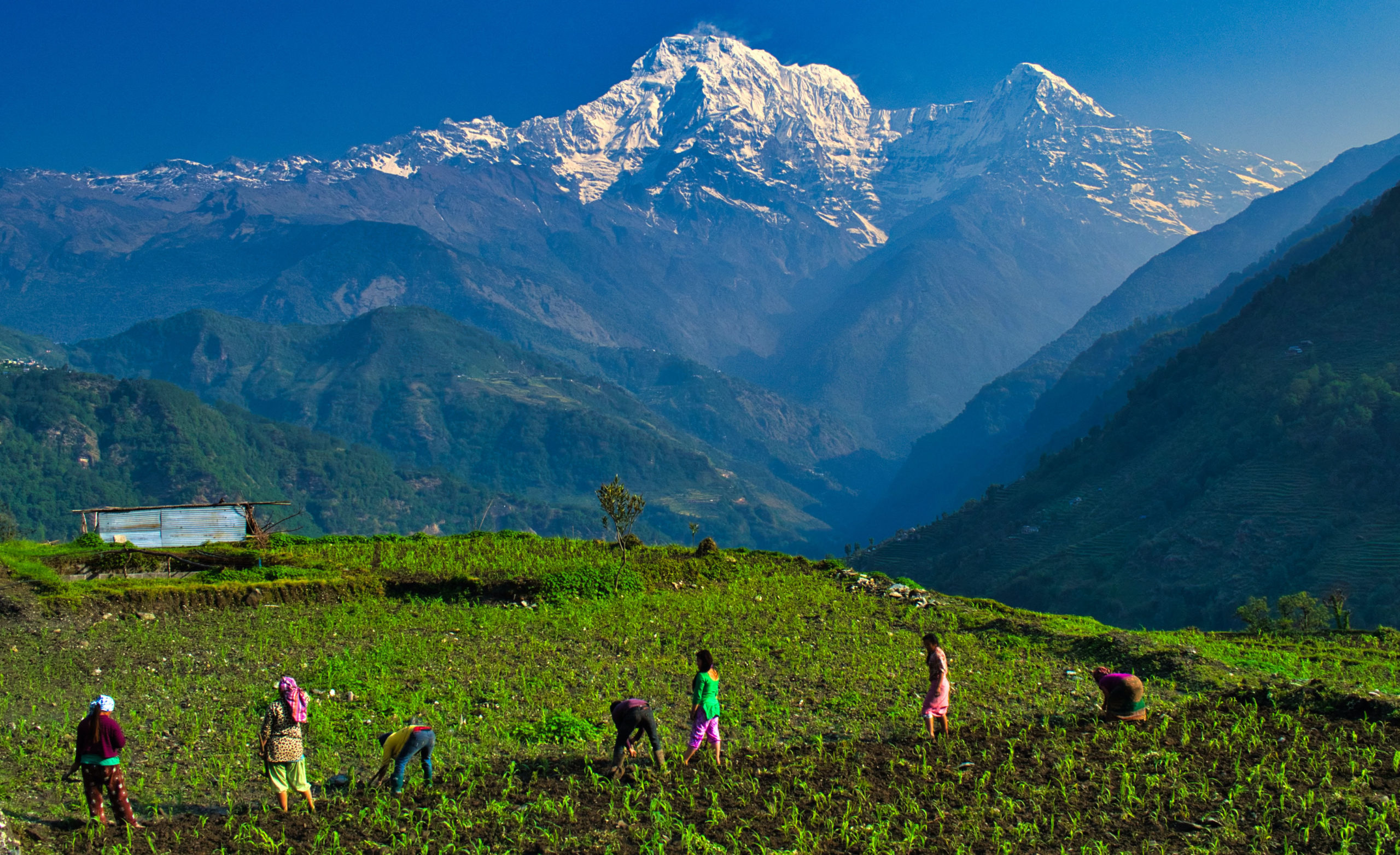Climate resilient farming
Worldwide, over 500 million smallholder farmers feed two-thirds of the earth’s growing population. In Nepal many smallholder farmers are facing increased challenges in sustaining their agriculture and livelihoods due to climate change, irregular weather and increased competition with large scale farms in India.
Community Impact Nepal provides innovative tools, effective farming methods, training and connection to market, empowering rural communities and smallholder farmers to increase yields and sustain a resilient income.

Low-cost, efficient tools and methods
Taking control of weather and increasing efficiency and yields, with focus on small terraced plots and back-yard farms.

Training and connection to market
Improving farming methods and yields. Empowering farmers to sell pesticide-free produce directly to consumers

Rainwater harvesting and drip irrigation
Collecting water and using it effectively when it is needed.
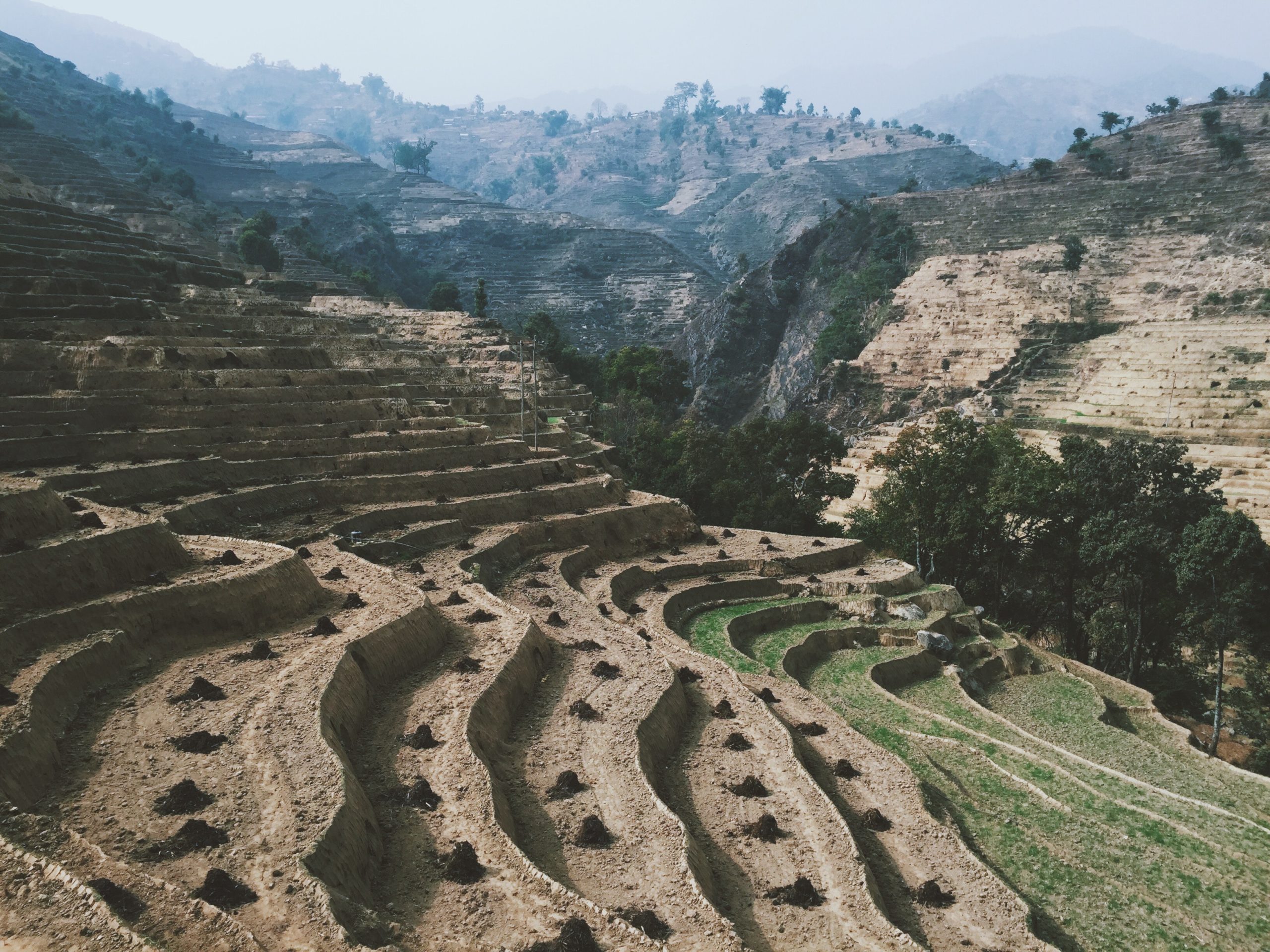
Unreliable weather
In the monsoon it rains too much and in dry season there is widespread water shortage. As a result, poor farmers in Nepal are moving to cities and abroad as migrant workers. Meanwhile, in India large areas of farmland are rapidly degraded from unsustainable farming practices, intensifying water shortages and climate change.
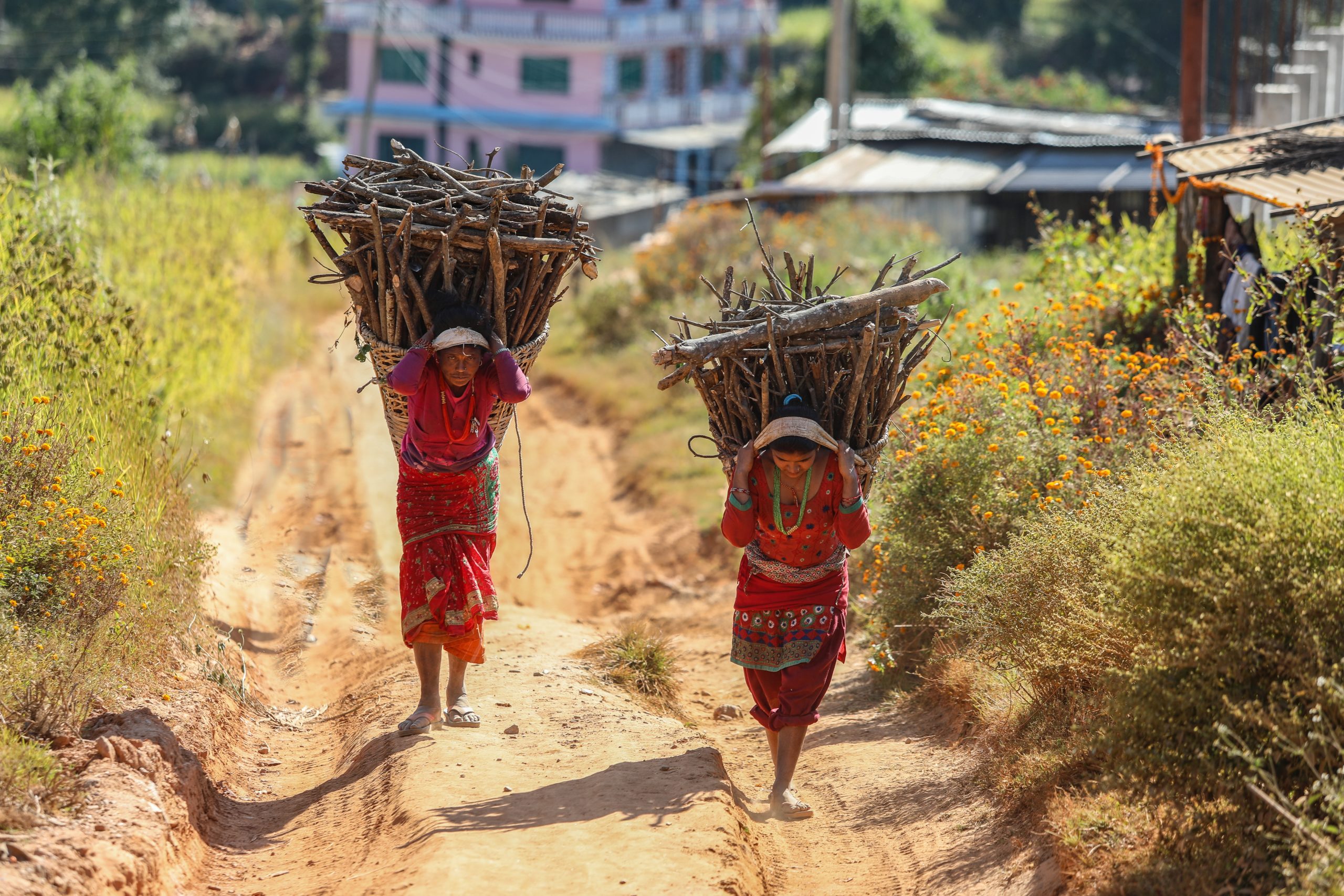
Rich soil, warm climate
However, terraces on steep hills or mountain sides means conventional tools and methods cannot be used. For smallholder farmers to thrive, farming needs to become efficient and diversified, eliminating waste, risks with increased and steady yields.
High yield Agri-model for smallholder farmers
The Community Impact Nepal agri-model has several integrated solutions to overcome challenges faced by smallholder farmers:
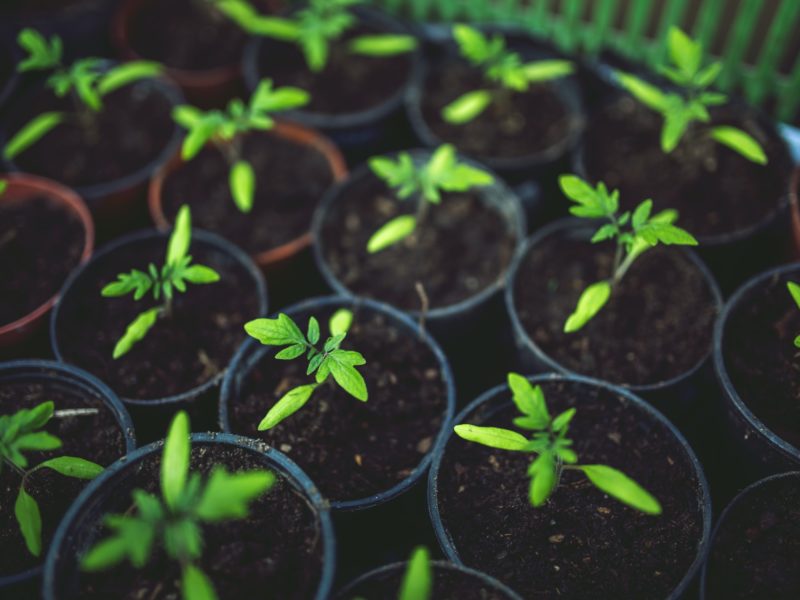
Pre-cultivation
enabling farmers to have a continuous supply of seedlings ready to be planted, reducing waste and time
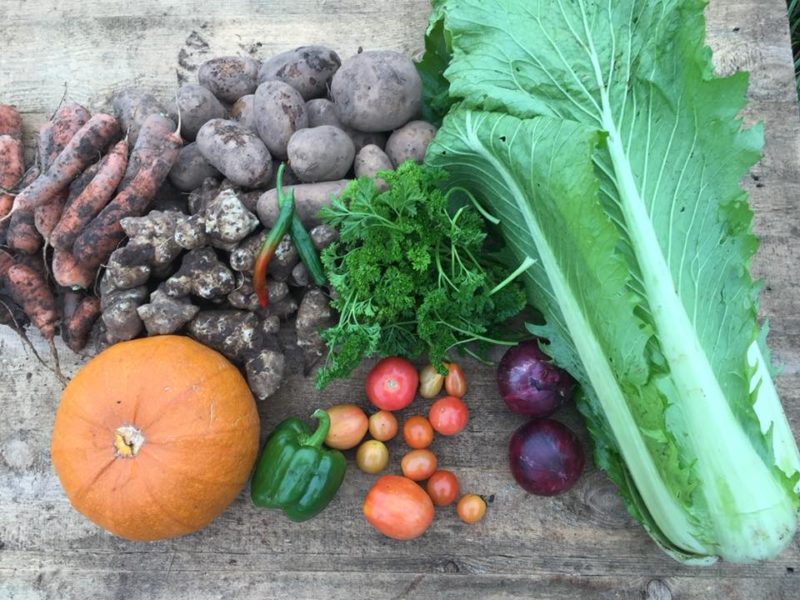
Diversification means higher resilience
Different crops are resistant to different types of pests and weather, reducing risks
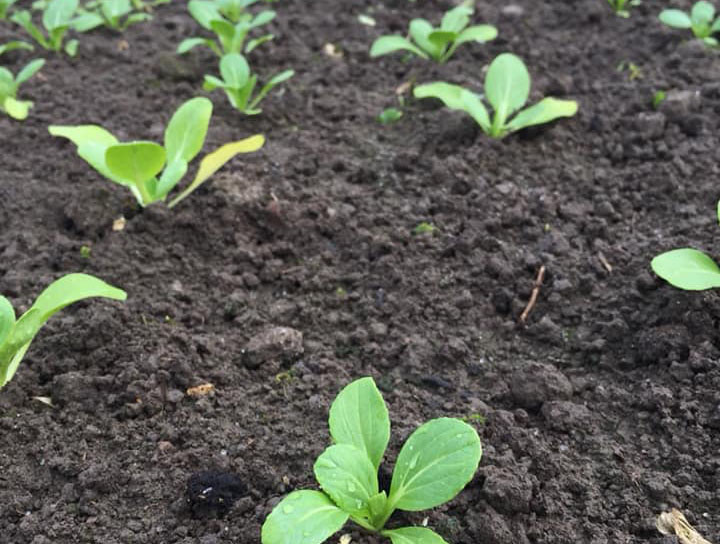
Organic ground cover
reducing evaporation and weeding
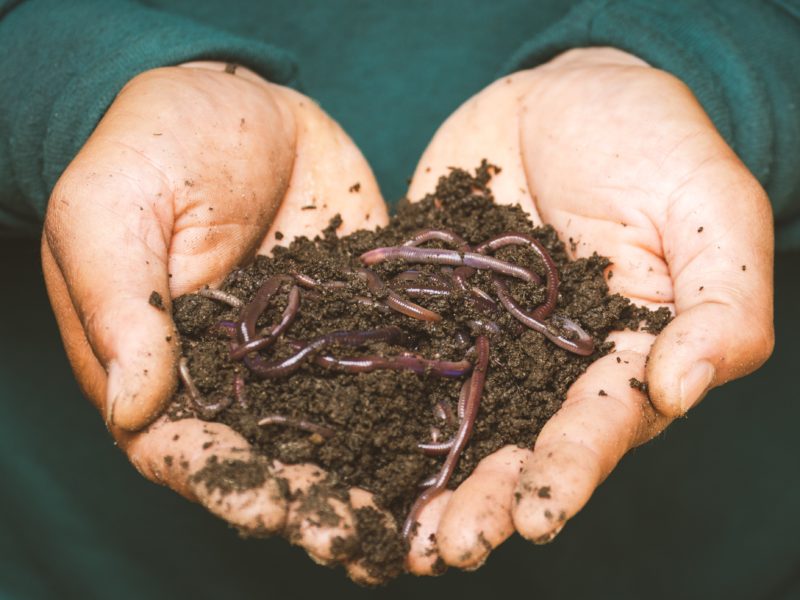
Permanent beds and organic composting
improves the structure, carbon and nutrients in the soil

Resilient Income
DIRECT CONNECTION TO MARKET
Empowering farmers to sell directly to consumers, ensuring good prices and higher income.
CASH CROPS
Transitioning to selling highly demanded crops such as berries, mushrooms and chilies can improve the life of a smallholder farmer and their family.

